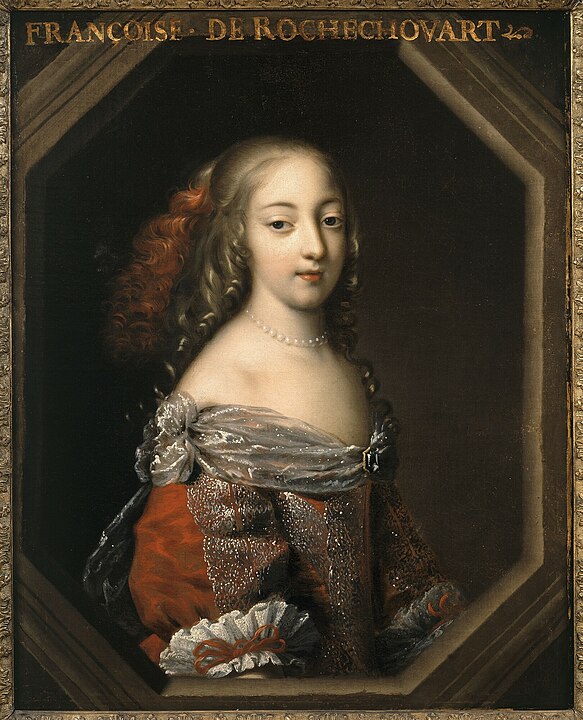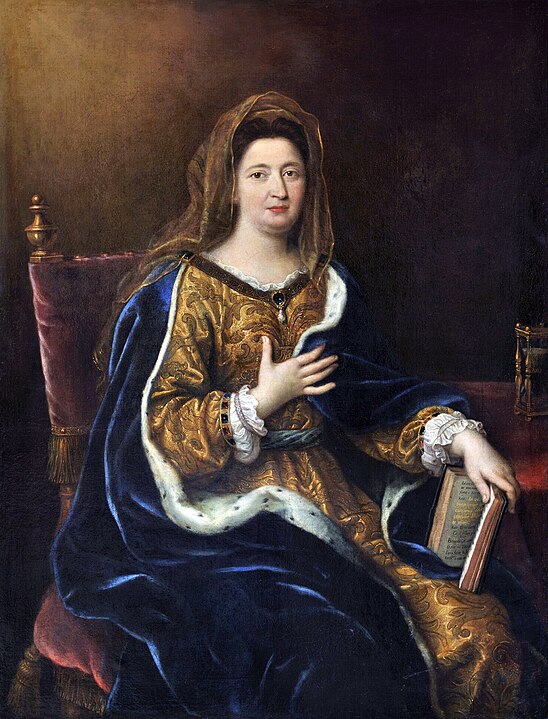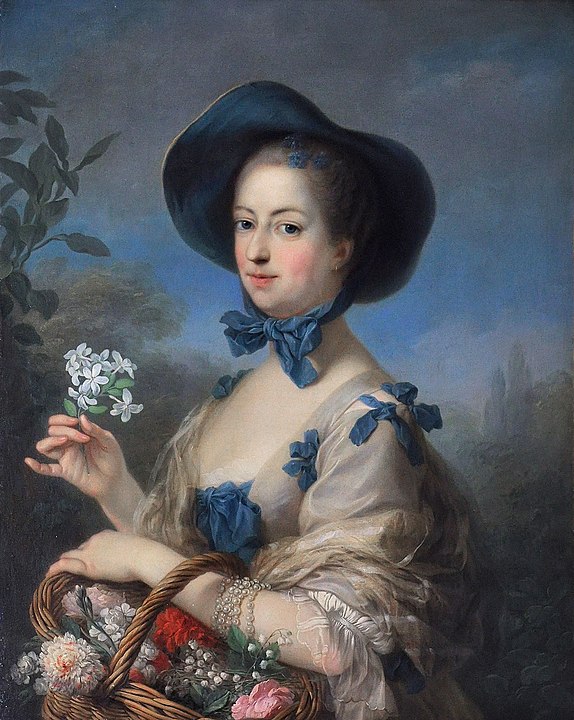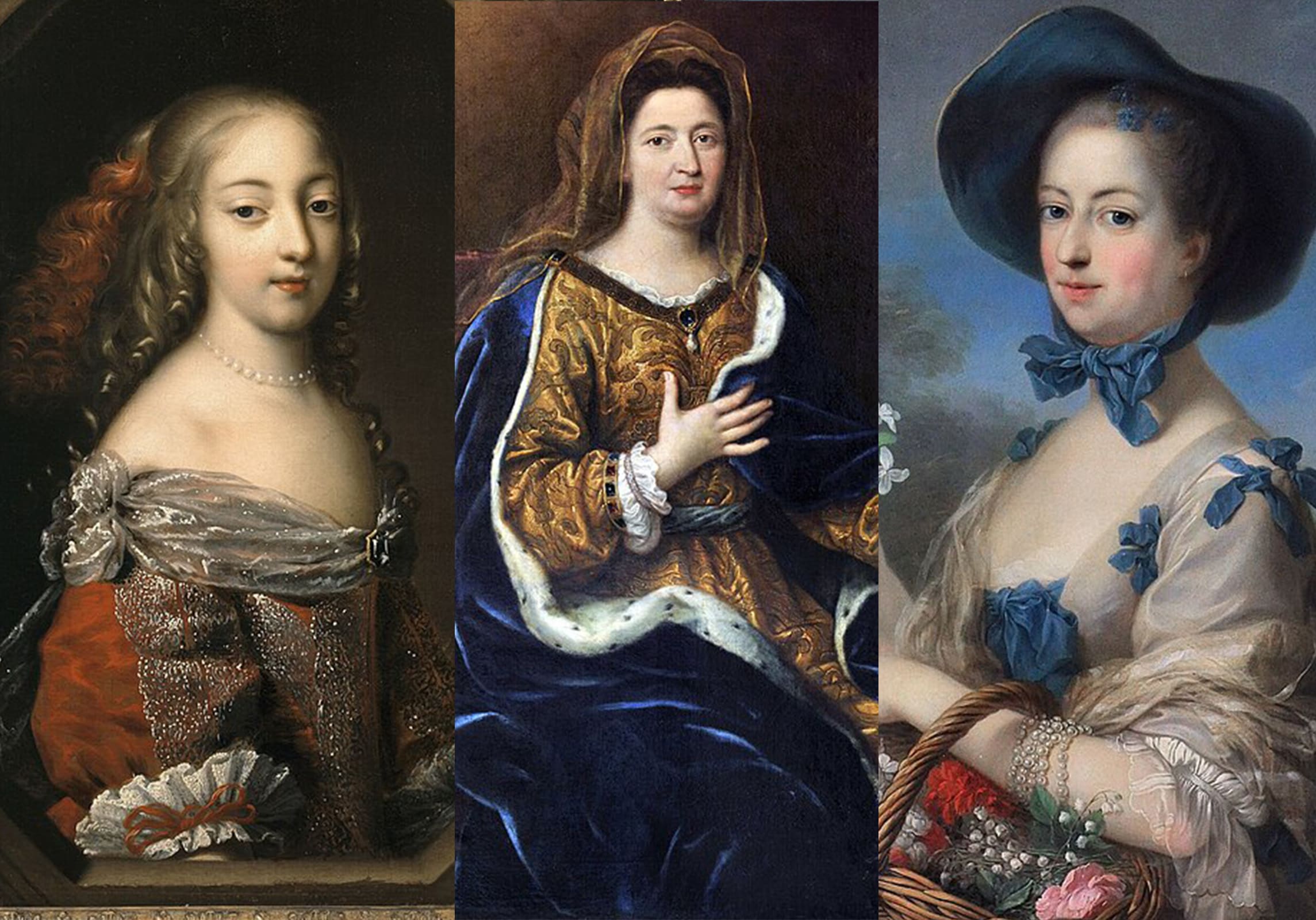Louis XIV’s numerous mistresses, such as Marie Mancini, Henrietta of England, and Louise de la Vallière, left only small traces in his memory. But in 1660, a young girl from one of the most famous families in the kingdom, Françoise de Rochechouart de Mortemart, entered the court.
Marquise de Montespan – Louis XIV’s Favorite

At the age of 20, she was “the most beautiful woman at court“, according to her contemporaries. Not only that, but the woman who acquired the title of Marquise de Montespan by marriage in 1663 was also noted for her intelligence and wit. The Sun King must have been busy elsewhere, since he didn’t notice her until 1667. Three years later, he couldn’t do without her and made her his favorite. La Montespan grew in self-assurance, became biting and authoritarian, and the courtiers became afraid of the “queen-sultana’s” murderous sarcasm.
But she is respected. Ministers and advisors came to her for advice. She knows all about the secrets and affairs of the state. She also surrounded herself with brilliant minds such as La Fontaine and Molière. Behind the Sun King, it was she who shone.
But after seven pregnancies in ten years, Louis found her less charming and sought pleasure in other arms. Montespan fell out of favor.
Madame de Maintenon – The Secret Wife of Louis XIV, King of France and Navarre

Meanwhile, the king got closer to another strong-willed woman, Françoise d’Aubigné, Marquise de Maintenon, the governess of Montespan’s children. The sovereign had a taste for eclecticism.
While the first was dazzling and tumultuous, the latter was devout and austere. Her origins were modest; she was the daughter of a swindler, born in prison, then abandoned by her parents; she grew up in poverty. She owed her social ascent solely to her marriage to the poet Paul Scarron. Her influence over the king was such that, after the death of Queen Marie-Thérèse, Louis secretly married her in 1683.
She was 48. A devout Catholic, she is said to have influenced his religious policies and played a role in the revocation of the Edict of Nantes, which had protected Protestants since 1598, and in the outbreak of the War of Spanish Succession in 1701. What is certain is that she contributed to the king’s return to religion in the last years of his reign.
Madame de Pompadour – The Official Mistress of King Louis XV

Like his father, Louis XV also succumbed to the charms of the ladies of the Court. And allow their influence to win him over. At least that of one of them, Jeanne-Antoinette Poisson, a commoner.
The king noticed her at a costume ball in February 1745. He immediately had her fitted out with an apartment in Versailles, connected to his own by a secret staircase, and made her a marquise by offering her the Pompadour estate. Her modest origins earned her the court’s contempt, and the dauphin nicknamed her “Maman Putain” (“Mama Whore”).
Even the people ridiculed her in satirical songs called “poissonades.” It must be said that the king squandered the state’s money for her, offering her castles, palaces, and luxurious gardens. But Pompadour was undeterred and asserted her personality. She arranged a diplomatic marriage for the dauphin and had the Count of Maurepas, Secretary of State for the Navy, who was not in her favor, dismissed.
In 1751, her relationship with the king took a new turn, and passion gave way to friendship. Although she was no longer his mistress, she remained his favorite and confidante. Her influence grew. She introduced the arts to the court and became a patroness of the arts, supporting the Encyclopedists and philosophers like Voltaire who challenged absolutism. She even became a matchmaker, providing Louis XV with young girls, not to say “children”.
She is also credited with having contributed to changing alliances during the Seven Years’ War by redirecting French diplomacy in favor of Austria. In poor health, Pompadour died at the age of 42 on April 17, 1764. The king reportedly murmured, “The marquise will not have good weather for her journey,” as he watched her funeral procession pass.








